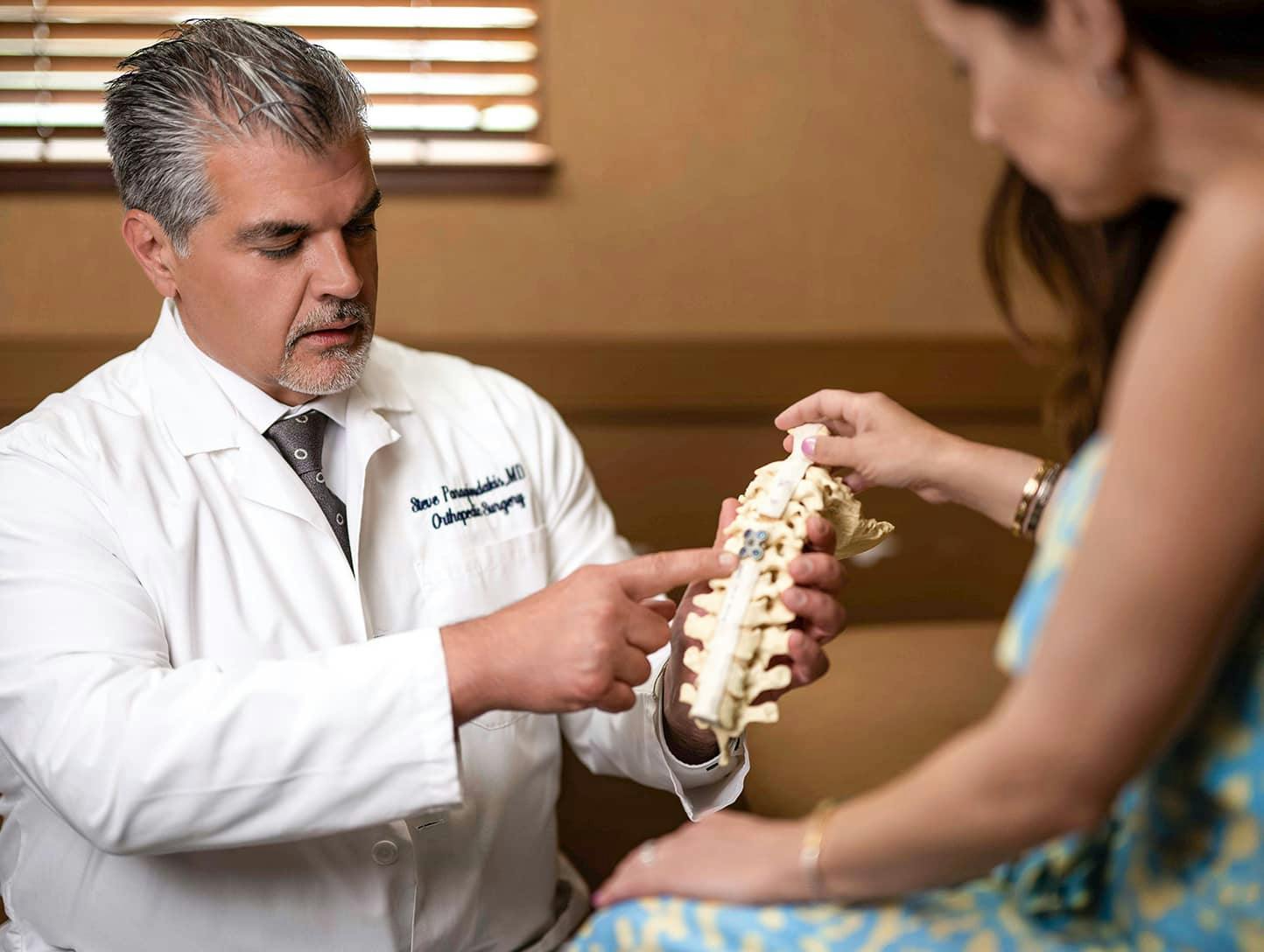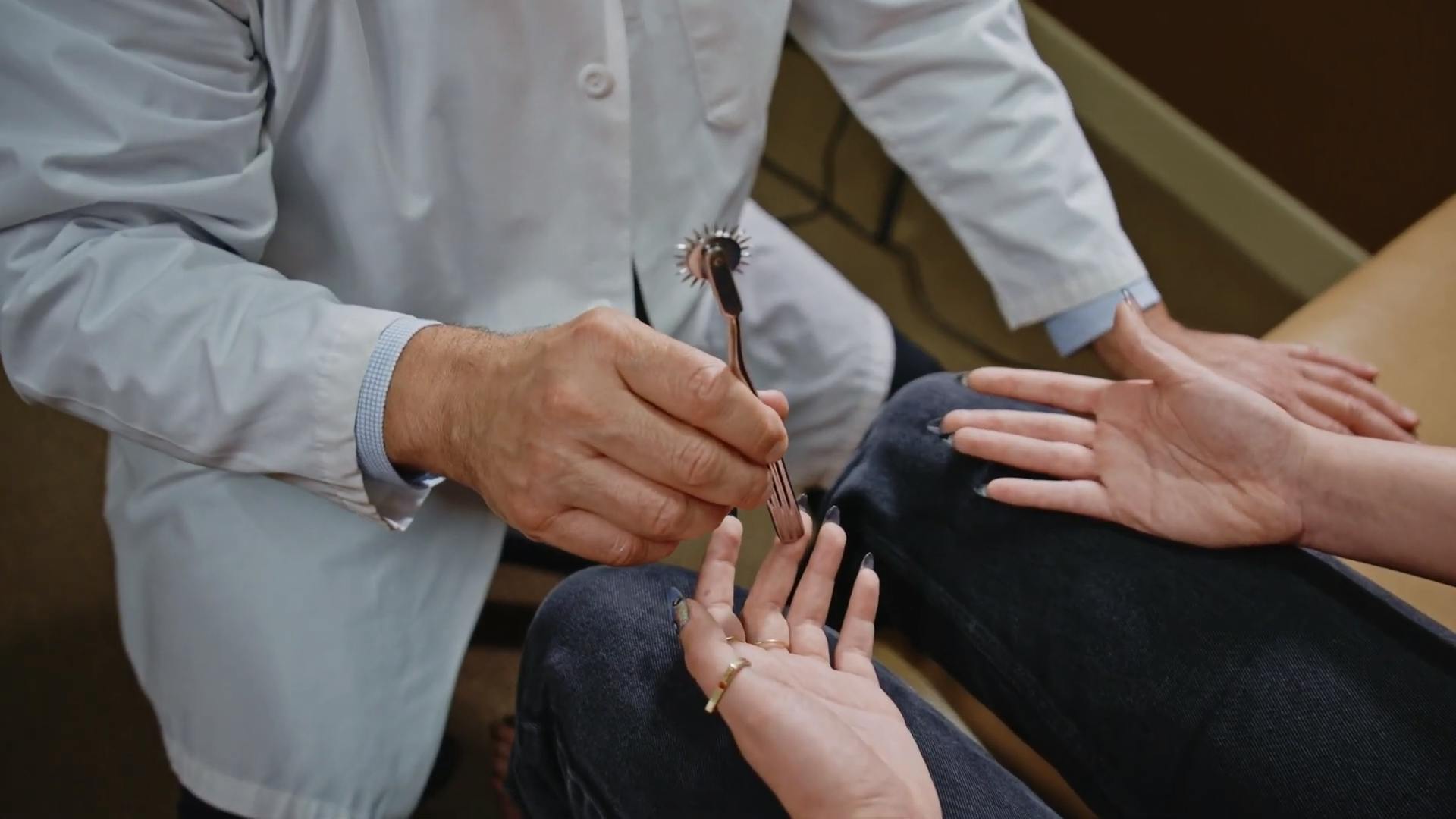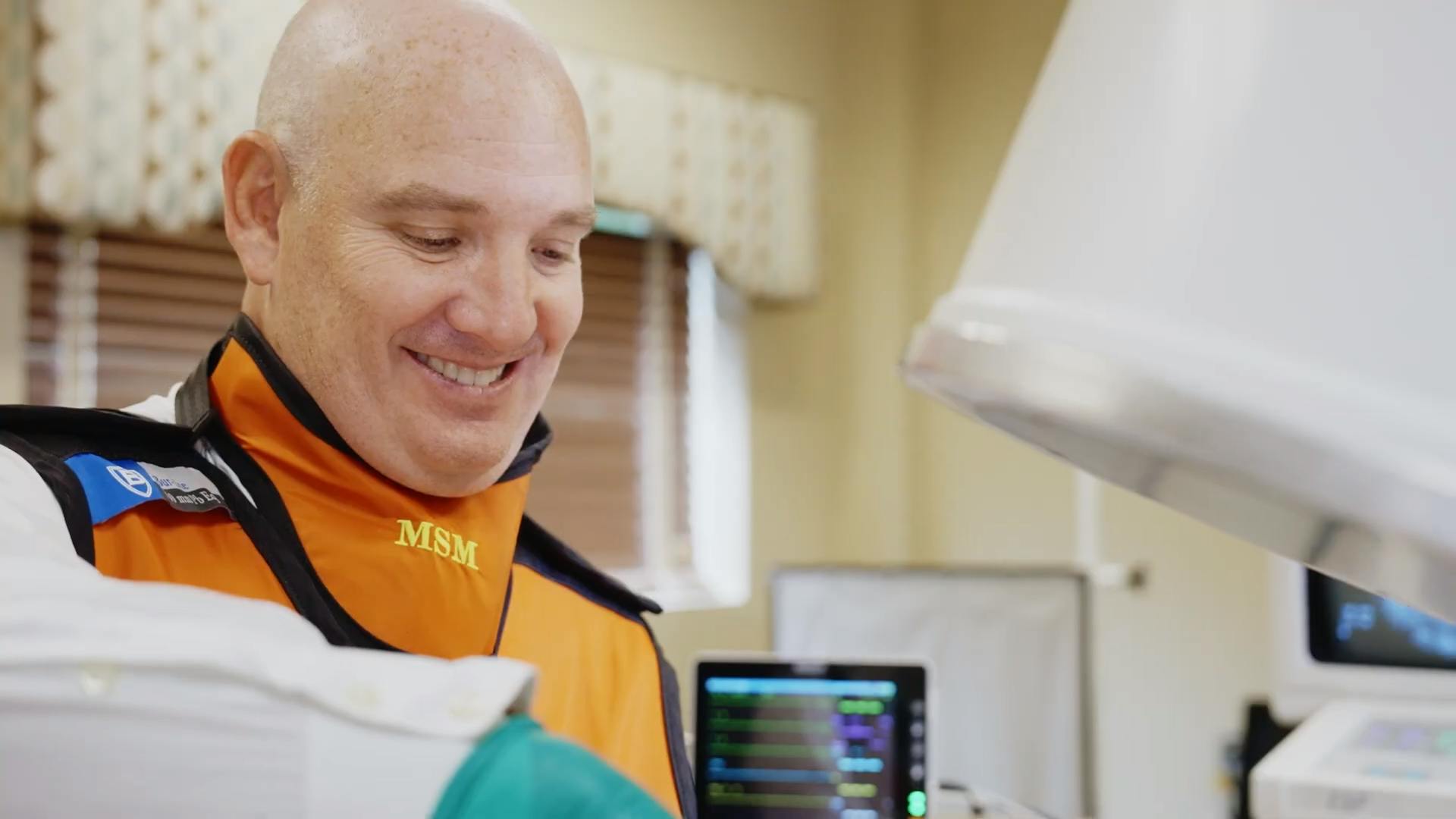Serving our New Jersey Community with Revision Spine Surgery


When Back Surgery Fails, We’re Here to Help
Imagine the frustration, the devastation: you’ve gone through the debilitating pain and challenging recovery of back surgery – and your pain still hasn’t resolved. When you still have back pain after surgery to treat the underlying problem, you may need revision spine surgery. While it can feel like there are no options left, the entire medical team at the Center for the Functional Restoration of the Spine is here for you.
Rely on Our Expert Ortho Team
Our expert orthopedic surgeons, Steve Paragioudakis, MD, and Marc Menkowitz, MD, combine their expertise in revision spine surgery with their extensive experience in minimally invasive and robotic spine surgery to help you overcome this challenging and painful situation.
They perform revision procedures that relieve your pain and restore mobility. If you struggle with ongoing back pain, visit us in Shrewsbury or Toms River, New Jersey. You can call or schedule an appointment online today.


Getting a Second Chance: Revision Spine Surgery
Revision spine surgery repairs problems and relieves pain that persists after an earlier surgery. This condition failed back surgery, occurs when your pain doesn’t improve within a few months of the surgery intended to alleviate the problem. You may have the same problem as before your original surgery, or you could develop new pain. Some patients feel better for a while after their initial surgery. Then, their pain returns several months later.
When Back Surgery Fails, What Comes Next?
Failed back surgery doesn’t always mean that something went wrong during your original spine procedure. You may need revision spine surgery if you develop an infection or excessive scar tissue after your surgery. These problems may also arise after back surgery, leading to the need for revision spine surgery:
Pseudarthrosis
If you had a spinal fusion, the bones may not grow together or heal properly, a condition called pseudarthrosis.
Adjacent level disease
Adjacent level disease or adjacent segment disease occurs when the discs or facet joints directly above or below a spinal fusion start to degenerate.
Recurring conditions
Spine problems such as degenerative disc disease, herniated discs, and spinal stenosis can recur. They may reappear in the same area as your earlier spine surgery or in a different part of your spine.
Hardware failure
The screws, rods, plates, and other hardware used during surgery to repair your spine can come loose.
Progressive deformities
You may experience new back pain when a spinal deformity gets worse after surgery to repair the problem.

Revision Spine Surgery Can Involve a Variety of Procedures
The team at the Center for the Functional Restoration of the Spine will first determine the cause of your ongoing pain. They review your medical history, including the information from your prior surgery, perform a thorough exam, and may order more diagnostic imaging.
The procedure each person has during revision spine surgery depends on their unique underlying problem and overall health care needs.
The team may remove and replace instrumentation or repair a failed spinal fusion. They also perform a wide range of possible procedures during revision surgery, including spinal decompression, disc replacement, and vertebral body replacement.
Meet the New Jersey Experts
When it comes to Revision Spine Surgery, our healthcare team will help you find the revision procedures to relieve your pain and restore mobility. We are foremost experts in:
- Minimally Invasive Spine Surgery – Experience shorter recovery times, minimal scarring and bleeding, and more.
- Robotic Spine Surgery - Robotic spine surgery reduces complications during surgery and ensures precise placement of hardware. As a result, your procedure is safer, and your recovery is faster.

Your Health and Comfort Is Our Chief Priority
At the Center for the Functional Restoration of the Spine, we hold a deep sense of pride in our patient care philosophy. Our dedication to your well-being transcends mere medical treatment; it revolves around establishing enduring trust and delivering exceptional care.
If you still have back pain several months after a previous spine surgery, you can get the help you need at the Center for the Functional Restoration of the Spine. Call us or schedule an appointment online today.



